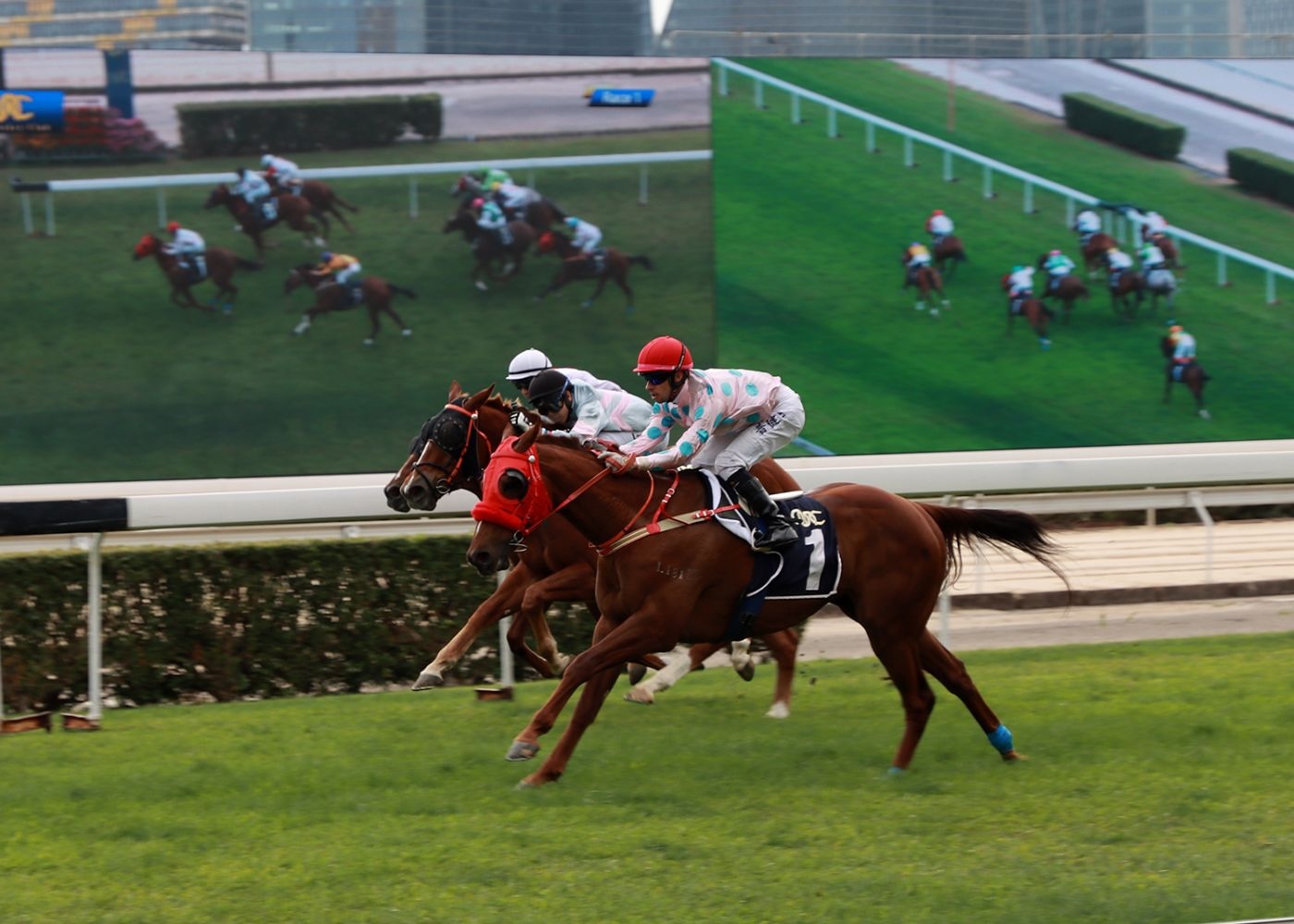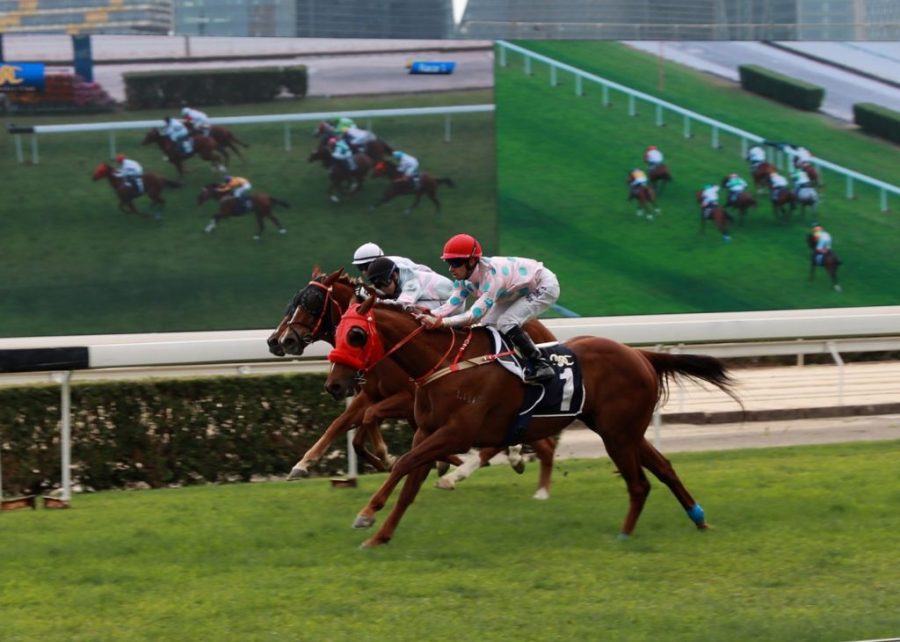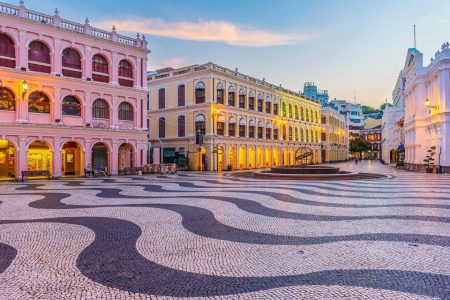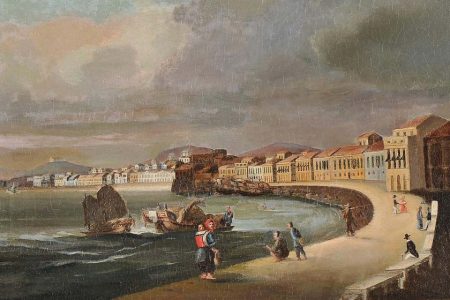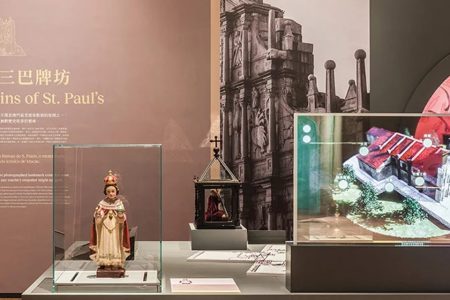On 1 April, the Macau Jockey Club (MJC) will cease operations after over 40 years. The closure of the SAR’s sole horse racing concessionaire effectively spells the end for a once thriving sport in Macao, with the government stating that it won’t be offering any further racing tenders.
The MJC’s demise was widely expected, as it had been facing numerous problems for years. According to the club’s management, Macau Horse Racing Company Limited, it had “been operating at a loss, accumulated in excess of 2.5 billion [patacas].” Moreover, the club struggled to fulfil its pledge to the government to refurbish its facilities in return for a 25-year lease in 2018.
[See more: Poignant images of the Macau Jockey Club in decline]
As the curtain finally draws to a permanent close on racing in Macao, let’s take a look at five things you may not know about the history of the MJC.
1. The track was originally intended for harness racing
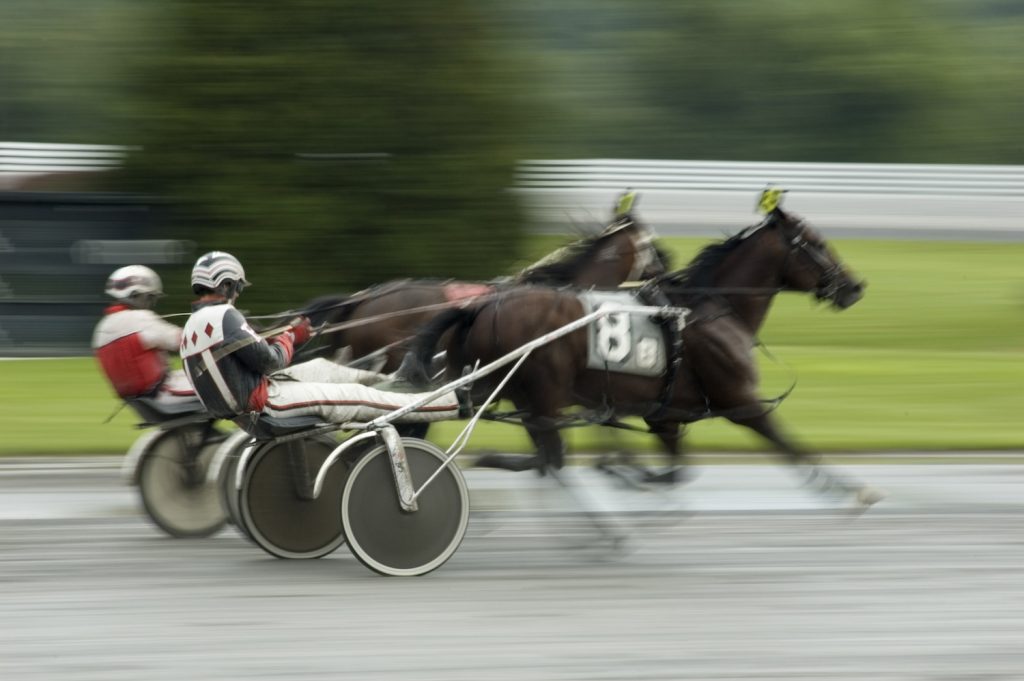
The MJC’s Taipa racetrack is most closely associated with regular horse racing, but the venue was initially used for harness racing (also called trotting), which involves jockeys riding on a two-wheeled, horse-drawn cart called a sulky.
The MJC’s predecessor was the Macau Trotting Club, which was established by local gambling mogul Yip Hon in 1980 in a bid to introduce the then-popular North American sport of harness racing to Asia.
[See more: The government is ending its contract with the Macau jockey club]
The 2,110-metre track, built on reclaimed land, was Asia’s first. While Yip’s venture was certainly ambitious, it ultimately did not pay off. According to the president of the Association of Macau Racing Journalists, Vu Ieng Kan, who spoke with Macao Daily, “the [total number of] bets went from three million patacas on the opening day to just two million patacas in less than half a year.”
2. The course has been shut twice before
That’s right, this isn’t the first time. After eight years of operation, the Macau Trotting Club permanently closed its doors in 1988, as its harness racing events never managed to gain traction in Macao.
The second closure happened not long after the Macau Trotting Club was sold to a Taiwanese corporation that spearheaded the club’s rebranding into the MJC and shifted its focus into conventional horse racing (known as “flat racing”) in 1989.
[See more: Lawmaker calls for more sports to utilise Macao’s sizeable racecourse]
Unfortunately, the Taiwanese-owned MJC was unable to turn in a profit, as its leadership reportedly had little experience in the management of a horse racing organisation. Faced with towering losses, the company decided to terminate operations after only one year.
The third and final closure, of course, will be the one scheduled on 1 April.
3. In its heyday, the club had more horses and ran more races than the HKJC
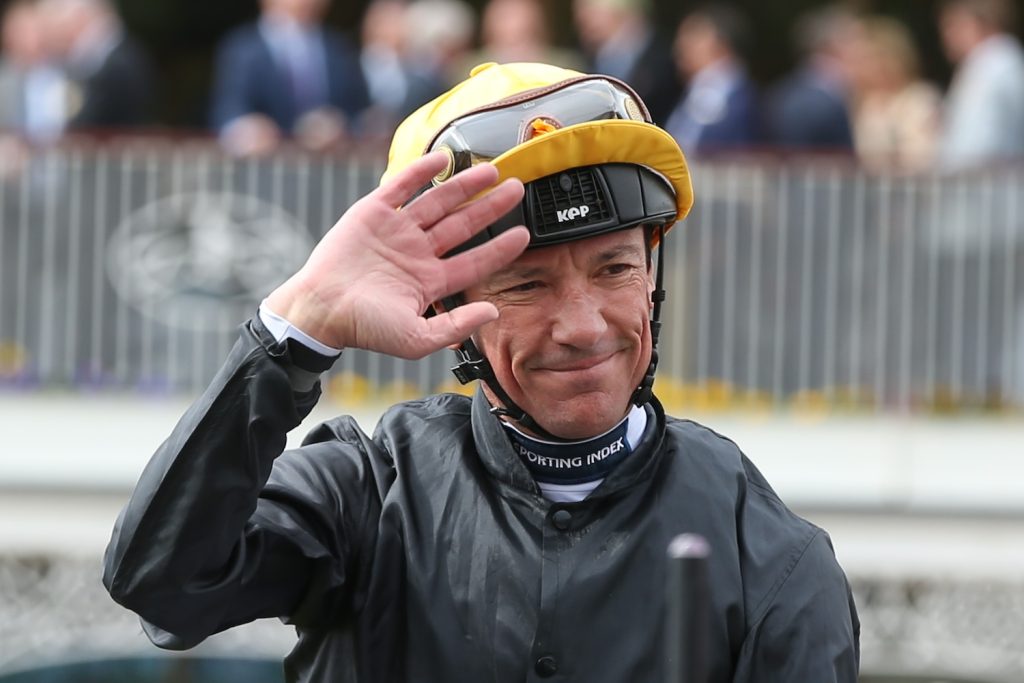
Following the failure of the Taiwanese-owned MJC in 1990, casino tycoon Stanley Ho acquired ownership of the club for roughly 400 million patacas. Racing resumed in 1991, and with Ho at the helm the MJC entered its golden age. The club played host to superstar jockeys such as Lester Piggott and Frankie Dettori, who competed in the Macau Derby in 2002.
According to specialist publication, Asian Racing Report, the MJC’s profit reached an all-time high of 9 billion patacas during the 2003 to 2004 season, when it ran over 1,200 races and had 1,200 horses – more than the Hong Kong Jockey Club, which thought about acquiring the MJC.
[See more: A lack of fresh horses poses further questions about the MJC’s future]
The club’s success during the nineties and early noughties also attracted the patronage of various celebrities, including veteran Hong Kong actor and TVB general manager Eric Tsang, as well as Chinese Olympian Li Ning, whose sports apparel company is now one of the biggest in China.
“At that time, [the MJC] was very popular,” horse racing expert Vu told local media. “There were nearly 8,000 people visiting each day. The whole stadium was pretty much packed to the rafters, especially during the New Year’s Race on the second day of Chinese New Year.”
The fortunes of the club, however, took a turn for the worse after Ho suffered a stroke in 2009 and was no longer able to personally oversee its operations. In the years that followed, the club would downsize considerably, and reportedly had just 220 horses last season.
4. It was a popular film location
The MJC has appeared in movies featuring some of Asian cinema’s biggest names. Hong Kong megastar, Chow Yun-fat, shot the final bloody shootout scene of his triad drama film, Flaming Brothers (1987) in the stables of the club. He would return almost forty years later with another Macao-set film, One More Chance (2023) in which he plays a compulsive gambler who withers away his fortune in the casinos and, you guessed it, the MJC.
[See more: A guide to Chow Yun-fat and Tony Leung movie locations in Macao]
Hong Kong auteur, Johnnie To, is another big name who has shot on the MJC’s grounds. His romantic caper, Yesterday Once More (2004), which paired pop diva, Sammi Cheung, and, leading man, Andy Lau, for the third time, features one scene in which they place bets on horses while engaging in playful banter.
5. The club has raised millions for charity

If there’s any good to have come out of this, it’s MJC’s contribution to charitable causes. Over the years, the organisation helped raise millions of patacas through its annual Charity Day event, which it began organising from 1995.
The club also contributed to education by allocating hundreds of thousands of patacas to its MJC Charity Scholarships that enabled academically gifted students to continue with their studies despite financial hardship.
[See more: Are we witnessing the end of horse racing in Macao?]
Last but not least, the MJC founded the Macau Loving Heart Charity Fund in 2003, which supported charities in Macao and the Chinese mainland.
